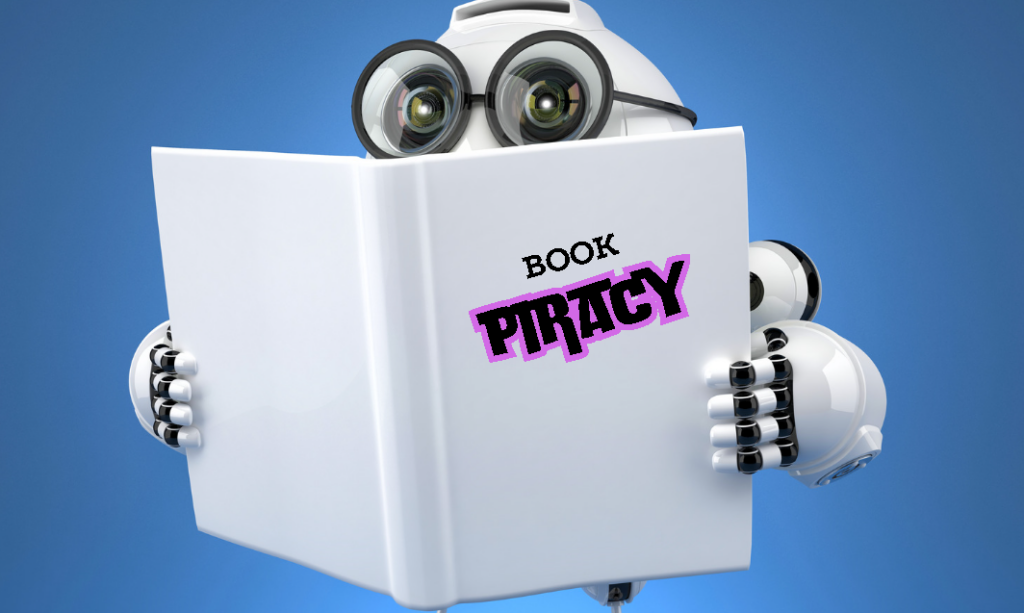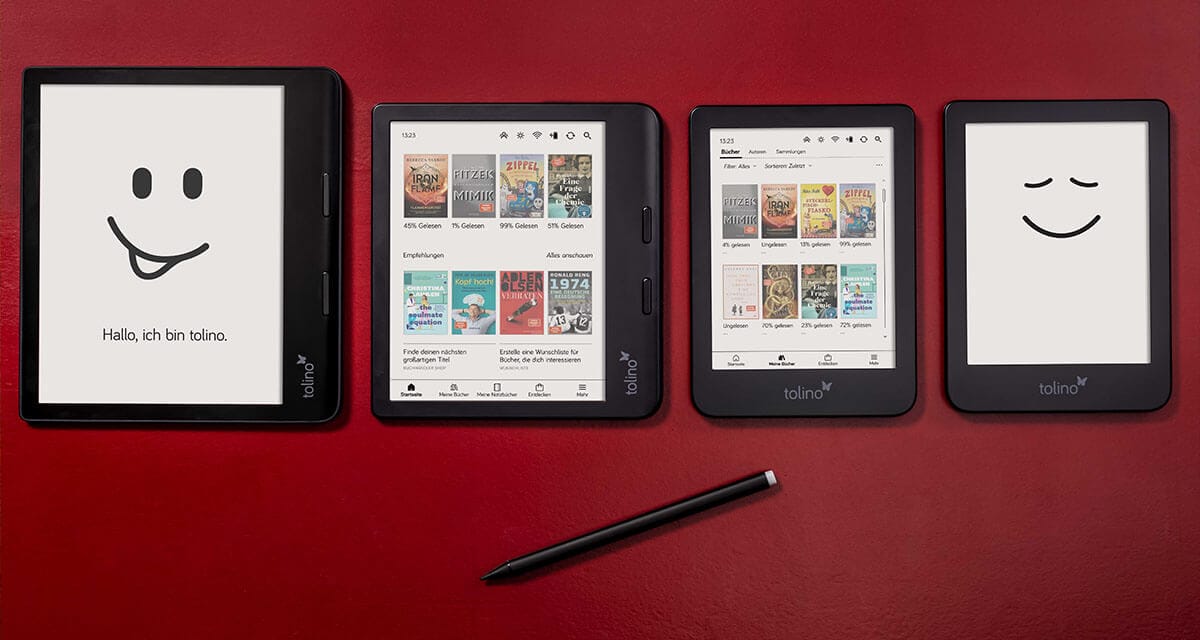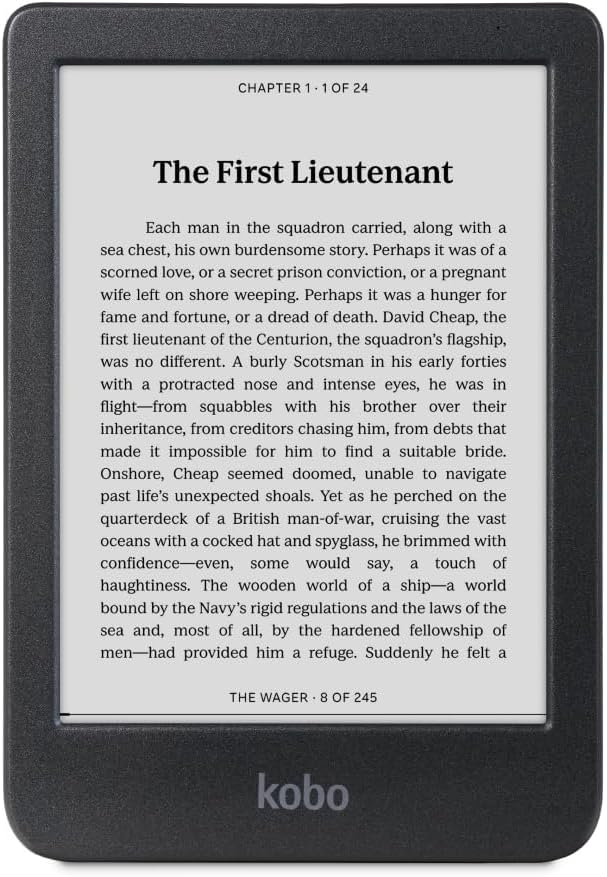
Smaller publishers may question why they should create books when their content is often stolen, rehashed using Generative AI, or given away for free. Indie authors are crucial to the industry as they offer categories that may not exist in the mainstream media. Without these controversial authors, the diversification of literature would be limited. Indie authors are vital to the future and should be supported and encouraged to continue creating. However, they must invest in self-publishing to make their content visible online, and without some return on investment (ROI), they have no incentive to continue.
Artificial intelligence exacerbates the situation. There is no deterrent for content “pirates” who create “AI-generated” content. Targeted ads can lead people to believe that they are supporting the author when, in reality, the author is not even aware of them. This is evident in social media posts that use images of celebrities and politicians to spread messages and influence opinions. Google and Meta struggle to keep up with fake content, destroying public trust in the media and potentially posing problems for democracy.
There are two official viewpoints on the topic:
- Team A believes artificial intelligence will detect piracy more accurately.
- Team B thinks it will only increase as digital content distinction becomes harder to detect.
Many people wonder whether artificial intelligence will help or hurt the e-book industry, but we are just beginning to see the effects.
Artificial Intelligence is at the mercy of those who train it and the algorithms it has been designed with. If the core development team does not prioritize piracy as an issue, they may exclude it from the project. It will take the implementation of another AI to intervene. Much like humans, AI is focused on the area it was created for, such as Generative AI, Robotic AI, or Predictive AI. Of course, they can combine technologies, but it is suggestive at best if piracy detection for e-books is even valuable enough of a cause for developers to pursue. If the music and film industry are any indication, it might not be. Lawmakers do nothing but issue warning letters to remove content, but there is no real punishment for this cybercrime. Things may only change when piracy is valuable enough to develop a counteractive measure, as for now, piracy makes money illegally and immorally.
This is the real crux of artificial intelligence. The infinite void of the never-ending story of AI is unfolding before our very eyes. Is it expanding itself only to develop countermeasures to implode what it creates?
How big is the problem of piracy?
According to Selfy, the total loss of revenue is currently around $315 million, and the downloading of pirated books is a whopping 4 million. This is alarming, considering that many books cost less than a few dollars, and there are thousands of legitimate free books to choose from.
Authors can protect themselves from piracy by using watermarks on content, using PDF instead of text files or publishing only on reputable sites like Amazon. If you are lucky enough to locate the stolen file, you can demand that it be removed from the site or make a claim with the Digital Millennium Copyright Act (DMCA) legislators to do it for you. In its simplified form, the DMCA is a law that protects online content from being copied. It started as a means to safeguard photographers for images but has since expanded to include all forms of digital media.
It is not as easy as it seems. Before making a claim with the DMCA, you must ensure that you can prove ownership of the content and that the website owner or host provider is refusing to oblige. Most people get around the law by quoting content or giving some form of attribution to the content owner; however, piracy is simply stealing the entire contents of the media without any intent to acknowledge the rightful owner.
I am a firm believer in artificial intelligence’s benefits, but as a writer with a great deal of content stolen, I am skeptical because, unfortunately, we have not yet developed software to change human behaviour. We must continue to advocate for piracy rights and inform readers of its effects until a better system is created to eliminate it.
Writing has always been her passion and a voice for those who cannot speak. She considers herself fortunate to write every day and says her mantra is, "I drink coffee, write, and I know about people and technology." Her writing is diverse and can be found online on websites like LifeHack, You Have a Calling, Medium, TechCrunch and, She Knows.





